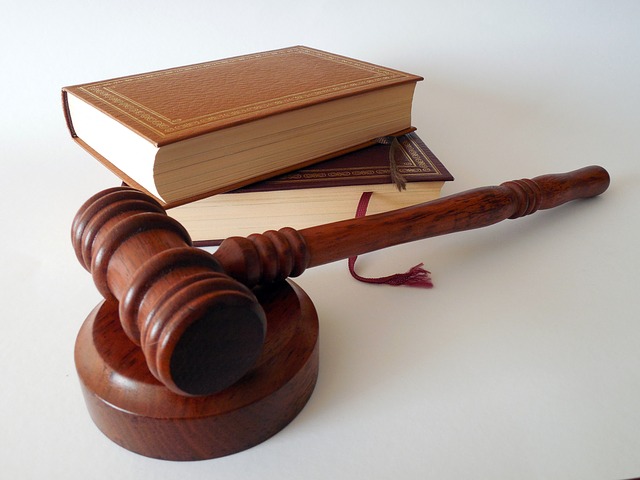Important Changes to Ohio's Rules of Court
Practitioners take note!
Several Ohio Rules of Court recently underwent notable changes, effective July 1, 2019. These include the following:
Rules of Civil Procedure
- Local rules providing deadlines for responding to motions have been superseded. Rules 6(C) (new), 7(B)(2), and 56(C) have been amended to provide uniform briefing deadlines for motions filed in civil actions:
- For Motions for Summary Judgment, all responses are due 28 days after service of the motion, and replies are due 14 days after service of the reply.
- For all other motions, responses are due 14 days after service of the motion, and replies are due 7 days after service of the response.
- The court may reduce or enlarge these periods upon motion of any party.
- New Rule 6(C)(2) also requires that any motion filed for purposes of trial (motion in limine; motion to bifurcate; etc.) must be filed at least 28 days prior to trial. Responses are to be filed 14 days after service of the pre-trial motion. However, this Rule does not permit replies.
- To recognize advancements in technology since the 2004 amendments, the language of Rules 33 (Interrogatories) and 36 (Requests for Admission) has been revised to state that electronic copies can be served “on a shareable medium and in an editable format,” rather than a copy that is “reasonably usable for word processing and provided on a computer disk.”
- Rule 34 (Requests for Production), which previously did not include a requirement that a word processing version be provided, now contains the same language as Rules 33 and 36, above.
- Rule 47(B) now prohibits judges from recalling alternate jurors who are discharged after the jury retires to deliberate.
- The summary judgment rule, Rule 56, has also been amended to specify that all materials in support of a motion for summary judgment shall be served when the motion itself is served. R. 56(C).
Rules of Evidence
- Rule 801(D)(1), which specifies what prior witness statements are not hearsay, has been amended to state that prior inconsistent statements subject to any examination, not just cross-examination, are not hearsay.
Rules of Appellate Procedure
- The accrual date for the deadline to challenge the assignment of an appeal to the accelerated calendar under Appellate Rule 3(G) has been changed from the date the notice of appeal is filed to the date “a case is placed upon the accelerated calendar.”
Supreme Court Rules for Government of the Bar of Ohio and Judiciary of Ohio
- The Continuing Legal Education rules have undergone several changes:
- The Rule now recognizes one-half credit hours for 30 minutes of CLE instruction. Bar. R. X, § 5(A); Gov. Jud. R. IV, § 5(A).
- Practitioners can now receive three credit hours (previously one-half of a credit hour) for each semester hour of a course they teach as an adjunct or part-time professor. However, this only applies the first time the practitioner teaches the course. Subsequent courses only provide one-half of a credit hour for each semester hour taught. Bar. R. X, § 5(C).
- Practitioners who are full-time professors at ABA-accredited law schools can now receive one-half of a credit hour for each semester hour taught.
- Bar. R. X., § 5(E) has been amended to allow up to twenty-four credit hours each biennial period for “approved live webinar self-study activities.” The provisions allowing upon to twelve credit hours each biennial period for other self-study activities (e.g., pre-recorded webinars, etc.) also remain in effect.
- New Lawyer Training CLEs are now only required to be one-half hour in length to qualify for NLT credit. Bar. R. X, § 14(B).
Code of Judicial Conduct (Effective June 1, 2019)
- Rule 4.4(E) of the Judicial Code was amended to extend the dates on which campaign committees may begin soliciting and receiving campaign contributions from 120 days to 180 days from their respective reference points.
A summary of all recent changes to various Ohio rules can be found here: http://www.supremecourt.ohio.gov/RuleAmendments/Archive.aspx
